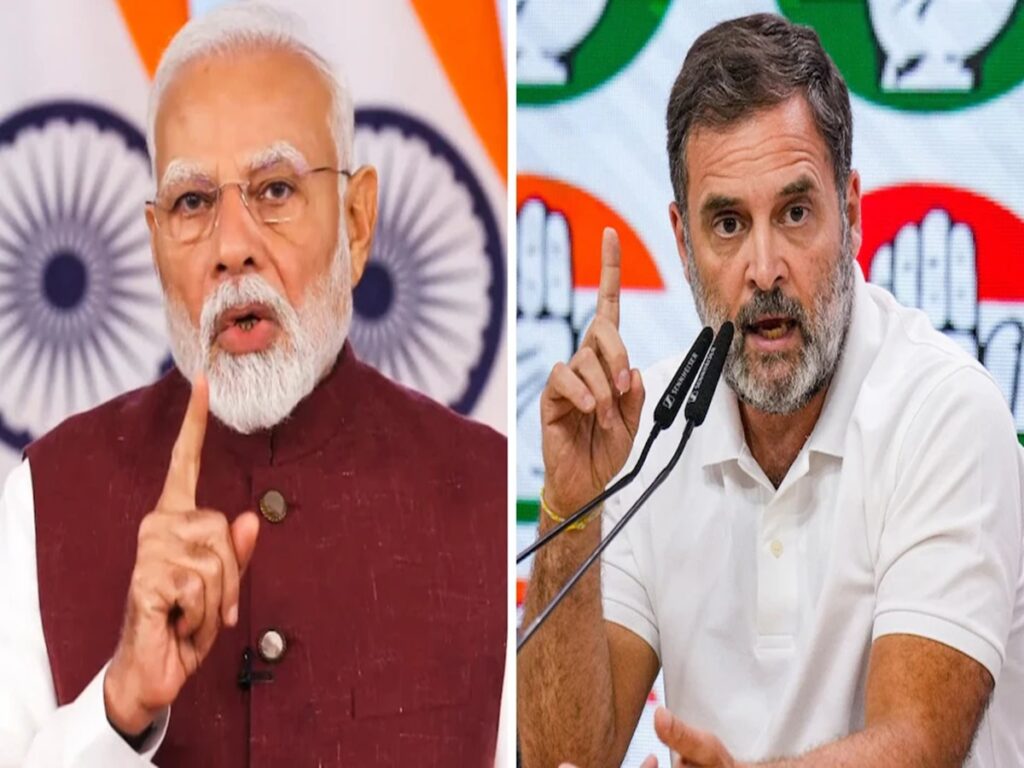New Delhi: On May 23, 2025, a heated political clash unfolded as BJP MP Nishikant Dubey targeted Lok Sabha Leader of Opposition Rahul Gandhi over a 1991 India-Pakistan military transparency pact, accusing the Congress of hypocrisy in its criticism of Foreign Minister S. Jaishankar. The controversy stems from Operation Sindoor, intensifying the BJP-Congress rift.
Dubey’s Attack on Rahul Gandhi
Nishikant Dubey shared documents of the 1991 pact on social media, which mandated India and Pakistan to exchange information on military exercises and movements to avoid conflict. He wrote, “Rahul Gandhi ji, this agreement was made during your government’s time. In 1991, your party-supported government agreed that India and Pakistan would share details of any attack or military movement. Is this agreement treason?” Dubey further accused Congress of aligning with a “Pakistani vote bank” and questioned the propriety of Gandhi’s remarks against Jaishankar.
Context of Operation Sindoor
The row erupted after Rahul Gandhi criticized Jaishankar for allegedly informing Pakistan about Operation Sindoor, launched on May 7 in retaliation for the April 22 Pahalgam attack that killed 26 people. The operation targeted terror camps in Pakistan and PoJK, neutralizing over 100 terrorists. Gandhi called the alleged prior intimation a “crime,” demanding clarity on Indian Air Force losses. The MEA, however, clarified that Pakistan was warned during the early phase of the operation, not before, dismissing Gandhi’s claims as misrepresentation.
Congress’s Counterattack
Congress spokesperson Pawan Khera refuted Dubey’s allegations, stating, “This person needs to know that in late February 1991, Congress had withdrawn support from the Chandrashekhar government, and elections for the 10th Lok Sabha were already announced.” The agreement, signed on April 6, 1991, was meant for peacetime transparency, not wartime actions like Operation Sindoor. Congress leader Supriya Shrinate added, “The pact ensured no misunderstandings during peacetime. Dubey’s claims validate that Jaishankar informed Pakistan, proving Rahul Gandhi’s point.”
Historical Context of the Pact
The 1991 agreement was part of confidence-building measures between India and Pakistan, following a 1988 non-attack agreement on nuclear facilities. A 2024 Stanley Center report notes that such pacts, including the 1991 troop movement notification, aimed to reduce tensions amid a volatile geopolitical climate. However, critics argue that India’s historical concessions, like the 1960 Indus Waters Treaty, have often been exploited by Pakistan, especially given its documented support for terrorism since the 1980s.
Escalating Political Tensions
Dubey doubled down, suggesting an FIR for treason against Congress for the 1991 pact, alleging it compromised national security for vote-bank politics. Congress leaders, however, accused the BJP of deflecting from its own lapses. Madhu Goud Yaskhi stated, “Informing Pakistan was the biggest blunder, and Jaishankar’s confession proves Rahul right.” Meanwhile, posts on X reflect divided sentiments, with some users supporting Dubey’s stance on Congress’s historical ties with Pakistan, while others call the pact a standard diplomatic measure.
Broader Implications
The controversy highlights India’s ongoing struggle with Pakistan-sponsored terrorism, especially after the Pahalgam attack. A 2025 South Asia Terrorism Portal report notes a 30% rise in terror incidents in J&K over the past five years, underscoring the challenge. As India pushes a global narrative against Pakistan, as seen in the recent Moscow delegation, this domestic political clash risks diluting its unified stance.


